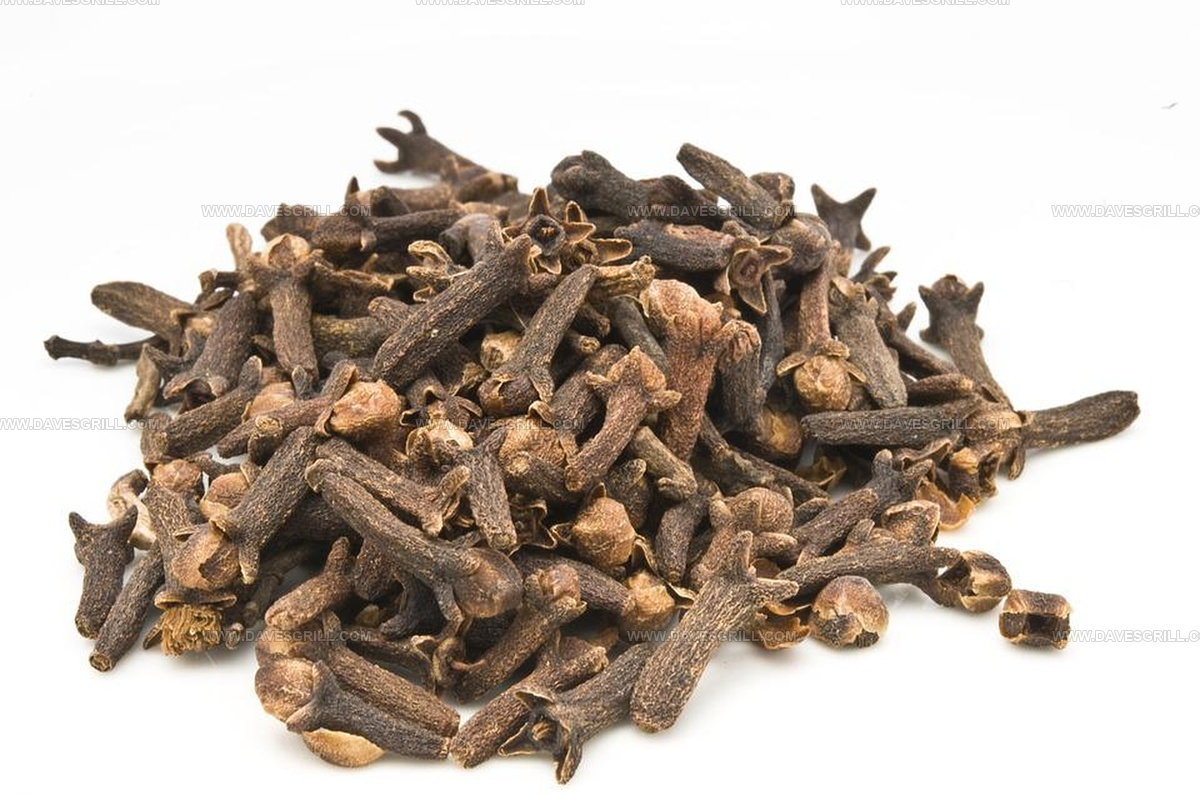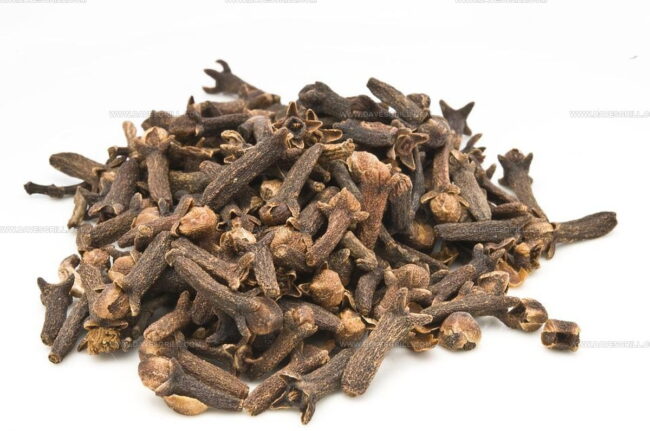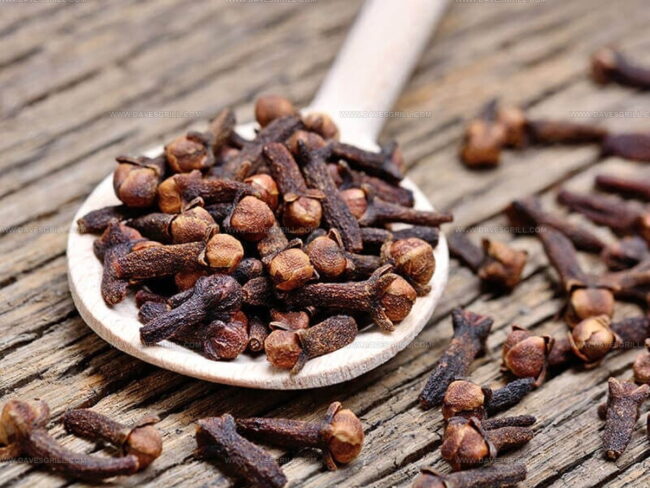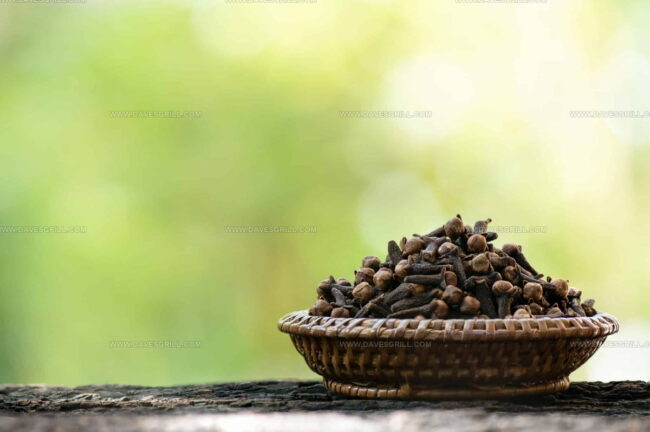What Do Cloves Taste Like? Warm Spice That Packs a Punch!
Cloves, those tiny aromatic spices, have intrigued culinary enthusiasts for centuries with their distinctive flavor profile.
Ancient traders prized these small flower buds from Indonesia for their unique sensory characteristics.
Cultures around the world have incorporated cloves into traditional dishes, medicines, and cultural practices.
The spice carries a complex sensory experience that goes beyond simple taste descriptions.
Warm, intense, and slightly numbing, cloves create a remarkable sensation when encountered in various cuisines.
Numerous factors influence how these potent spices interact with your palate, making their taste a fascinating subject of exploration.
Understanding the nuanced flavor of cloves can transform your approach to cooking and spice appreciation.
Dive into this aromatic journey to unravel the sensory mysteries behind these remarkable spice gems.
What Are Cloves?
Small, nail-shaped spices pack a powerful punch of flavor from Syzygium aromaticum tree flower buds.
Cloves come from myrtle plant relatives and look like tiny metal fasteners.
People named these spices after the French word for nail, reflecting their unique shape.
Indonesia continues to be a major producer of this strong-smelling spice.
Clove trees grow well in warm places like Madagascar, Sri Lanka, India, Tanzania, and Zanzibar.
Humid regions with temperatures between 70 and 85 degrees make perfect homes for these special plants.
Clove Flavor Description
Cloves pack a powerful punch with their intense aroma that catches you right away.
Warm and slightly sweet, this spice brings depth to many recipes.
Hints of bitterness balance out other sweet spices like cinnamon, nutmeg, and allspice.
Chefs use cloves carefully because their flavor can quickly dominate a dish.
Meats and vegetables benefit from cloves' solid and sweet taste.
People enjoy using these spices in Chinese cooking and sometimes mix them into potpourri.
Careful measuring matters when adding cloves to recipes.
Small amounts work best to provide just the right flavor boost.
Nasi uduk becomes more interesting with a sprinkle of cloves.
Ground vs. Whole Cloves
Cooks prefer whole cloves over ground versions because the complete bud holds more taste and smell before crushing.
Recipes can swap whole cloves with ground cloves by using 3/4 teaspoons of ground cloves for each teaspoon of whole cloves specified.
Whole cloves stay good much longer than powder and can remain fresh for twelve months when stored in a sealed container away from heat and moisture.
Texture of Cloves
Whole cloves stored in spice racks can feel hard and dry.
Home cooks often need these spices ground into powder for recipes.
Grinding them works best with a coffee or spice grinder, which breaks down the cloves completely.
People can also use a mortar and pestle to crush cloves by hand.
Smashing them this way might leave small chunks behind, which can create a rough feeling in dishes.
Pushing ground cloves through a fine sieve helps remove larger pieces and makes the powder smoother.
How Long Do Cloves Last?
Cloves bring amazing smells and tastes to many kitchen spaces.
Small flower buds packed with nutrients help boost health through natural goodness.
Medical experts recognize these spice pieces for special healing qualities.
Clove collections include helpful elements such as fiber, important vitamins, and key minerals.
Spice collections like cloves can stay good for long periods.
People who store them carefully will notice wonderful results.
Clove quality changes slowly over time, which means smart storage matters.
Signs of bad cloves happen through reduced strength and weaker flavor profiles.
Careful storage techniques protect clove quality.
Users can keep these special spice pieces working well with simple methods.
Protection from moisture and heat helps maintain clove power.
Smart cooks understand how small steps keep spices fresh and powerful.
How to Tell If Cloves Are Bad
People can spot spoiled cloves through several key signs.
When these warning signals show up, it's smart to avoid using them.
Some clear indicators will help you judge clove quality.
Pointless efforts happen when cloves lose their strong flavor, nice smell, and healthy benefits.
Color changes signal potential problems.
Cloves start looking pale or dull, which means they have gone bad.
Throwing them out quickly is the best choice.
Mold growing inside storage containers is another serious warning sign.
Those white or green fuzzy spots will completely ruin your cloves.
Checking physical condition matters too.
People should look for any unusual marks or weird spots on clove pieces.
Uncertain about clove quality?
Smell and taste tests can help you decide whether to keep or toss them out.
Can You Freeze Cloves?
You can freeze cloves by placing them in a sealed container.
Success depends on the specific clove type and impacts storage duration.
Daily clove users should avoid freezing.
Repeated freezer opening lets air inside, which damages the cloves quickly.
When freezing cloves, split your supply.
Keep half in the freezer for long-term storage and store the portion you use regularly in the pantry.
Side Effects of Eating Cloves
Spices like cloves pack powerful health perks beyond their tasty punch.
Cloves burst with eugenol, which creates their special smell and taste.
Medical research shows cloves can protect stomach lining from painful ulcers.
People have used cloves for centuries to soothe painful mouth problems like toothaches and sore throats.
Stomach wellness improves when cloves enter your diet.
Small amounts of clove tea work wonders for tummy troubles such as gas and upset stomach.
People can enjoy these health benefits by adding just one clove to their daily routine.
Quick Facts About Cloves
Spice experts link cloves to an old Latin word meaning nail because of their shape.
People in China have long used these small buds to help with different health problems.
Cooks need cloves when making spice mixes for special dishes.
Pressing a clove between your fingers can make it release its strong-smelling oil.
Some groups believe special practices help clove plants grow better.
Healers in Indonesia use cloves for many different health treatments.
Chefs in India and Sri Lanka add cloves to make their cooking taste amazing.
Kitchens across United States love using cloves in salad sauces, meat dishes, and sweet treats.
How to Use Cloves in Cooking
Cloves are tiny, dark spices with a strong, warm taste and a lovely smell. They can turn simple dishes into something special with just a small amount.





Emily Lawson
Content Creator & Culinary Specialist
Expertise
Education
Oregon Culinary Institute
Diploma in Culinary Arts
Focus: Emphasis on farm-to-table cooking, sustainable practices, and the fusion of global flavors with traditional grilling methods.
Emily Lawson is the content creator at Daves Grill, turning tasty ideas into clear, easy recipes. Based in Portland, she trained at the Oregon Culinary Institute and loves cooking with fresh, seasonal ingredients, especially grilled veggies and global flavors.
Emily mixes food writing with hands-on cooking to bring you recipes that feel fun, not stressful. Her goal is to make every dish simple, flavorful, and worth coming back to. Together, she and Dave serve up real food, one recipe at a time.